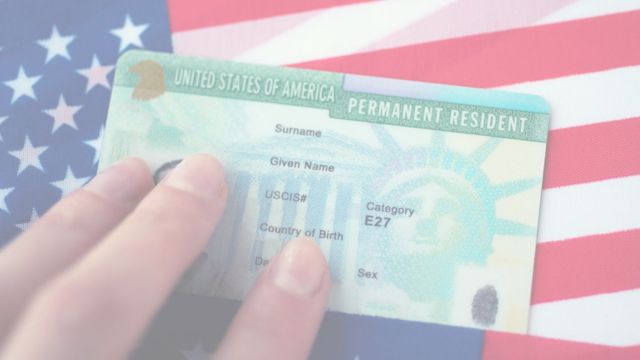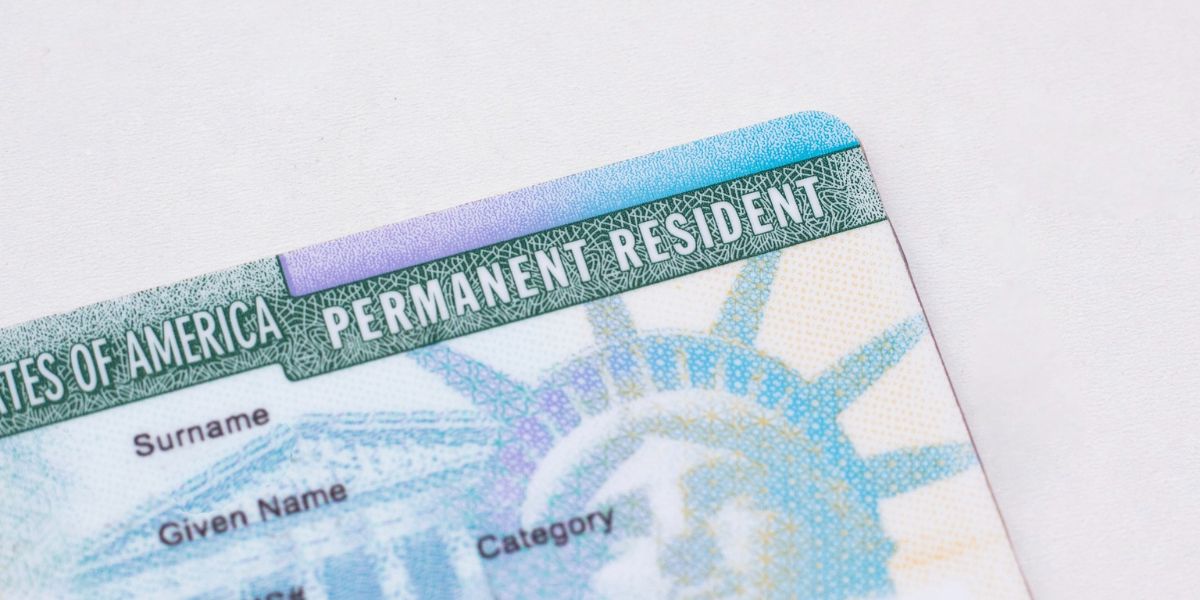At Your MJP –
The Parole in Place (PIP) program has gained significant attention in recent weeks in the United States, especially after President Joe Biden announced its extension to undocumented immigrants who are spouses of U.S. citizens. This measure, which came into effect on August 19, allows beneficiaries to remain legally in the U.S., avoiding deportation, while they apply for an adjustment of status to obtain permanent residency.
While the Parole in Place (PIP) program offers temporary relief from deportation, it does not automatically lead to obtaining a Green Card. However, it can pave the way for you to apply for an adjustment of status if you meet other eligibility criteria.
The Parole in Place (PIP) program
A common question arising from this government initiative is whether Parole in Place automatically grants permanent residency in the United States. According to the specialized website, Boundless Immigration, here is what you need to know:

- Parole in Place allows eligible individuals to stay legally in the U.S. while they apply for a Green Card.
- It does not automatically grant permanent residency.
- Beneficiaries must follow the standard process for adjusting their status to become lawful permanent residents.
SEE MORE –
Check Now! September’s SNAP Benefit Update: Get Up to $1,751 and Key EBT Card Loading Information
Overall, the Parole in Place program offers a significant benefit by providing a legal pathway for undocumented spouses of U.S. citizens to remain in the country while they navigate the process of obtaining permanent residency.
What is Parole in Place?
For instance, receiving Parole in Place allows you to apply for a Green Card without having to leave the United States. This is because PIP regulates, to some extent, illegal entry, which is often a significant obstacle to status adjustment.
Parole in Place 2024: Requirements
- Being an undocumented immigrant living in the United States for at least 10 years until June 17, 2024.
- Having a valid marriage with an American citizen before June 17, 2024.
- Applicants must not have any criminal records and should not be considered a threat to public and national security.
Special Considerations for Stepchildren
For stepchildren to be eligible, they must be under the age of 21 and unmarried as of June 17, 2024. Additionally, the immigrant parent must have married a U.S. citizen by June 17, 2024, and before the child turns 18.
Temporary Suspension of Parole in Place Program
It’s important to note that as of August 26, the Parole in Place program has been temporarily suspended for 14 days following a federal lawsuit filed by Republican governors. During this suspension, USCIS is still accepting applications but cannot approve them until further notice.
Keeping these points in mind can help you better navigate the complex landscape of immigration regulations and ensure your application process is as smooth as possible.
What documentation is required to apply for an adjustment of status after receiving Parole in Place?
To be eligible for adjustment of status under INA 245(a) after receiving Parole in Place, you must:
- Have been inspected and paroled into the U.S. The grant of Parole in Place satisfies this requirement.
- Properly file Form I-485, Application to Register Permanent Residence or Adjust Status, with the required fee.
- Be physically present in the U.S. at the time of filing Form I-485.
- You must be eligible for an immigrant visa, available now. It can be through an approved Form I-130 from a U.S. citizen spouse or parent. Or, it can be through an approved Form I-360 if you are a qualifying widow(er).
- Be admissible to the U.S. or eligible for a waiver of inadmissibility or other relief.
- Merit a favorable exercise of discretion by USCIS.




